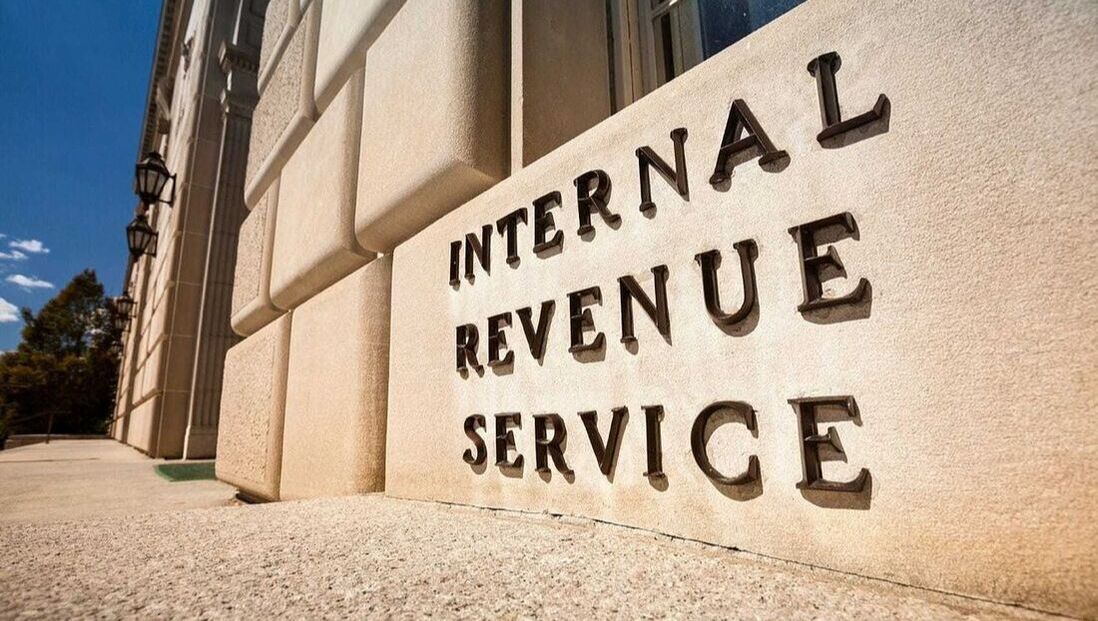|
In 1970, President Richard Nixon signed the Bank Secrecy Act into law, requiring cash transactions exceeding $10,000 to be reported by banks to the Internal Revenue Service. In today’s dollars, $10,000 equals $70,000 in purchasing power. In 2021, the Biden Administration is proposing banks share data with the IRS on every American’s account in a bank, or in online money accounts such as PayPal, or Venmo, with transactions in excess of $600.
The Bank Secrecy Act was justified as a way to reveal money laundering from drug deals and illegal art and antiquities sales. What is the justification behind making almost every personal financial account in the United States open to warrantless government inspection? President Biden says his purpose is to “crack down on millionaires and billionaires who cheat on their taxes.” Senate Democrats, sensing the potential for a political backlash by anyone with a bank account greater than the proceeds of a lemonade stand, are discussing raising the additional disclosure requirements to accounts with balances to $10,000 or more. Required disclosures at either level would still have the effect of eliminating Americans’ last shred of financial privacy. There are many dangers to Americans if this measure goes into effect. Here are three. First, once the government possesses this information, it could conceivably share it with other federal agencies. There is ample legal precedent to worry about such warrantless access to our data. The Bank Secrecy Act was challenged in the U.S. Supreme Court (California Bankers Assn. v. Shultz, 1974) as a violation of the Fourth Amendment prohibition against unreasonable searches and seizures, as well as a violation of Fifth Amendment guaranteeing due process. The Court ruled in favor of the government. If the same logic allows the government to now legally possess almost all of your financial information, what is to keep any agency of the government from accessing it whenever it wants, for whatever reason it wants? Second, the IRS has hardly been a bastion of data security and integrity. In 2015, cybercriminals walked away with sensitive information that put 724,000 taxpayers at risk of identity theft. This summer, the tax returns of thousands of taxpayers were stolen from IRS files either by an employee or through a cyberattack. Many details were published online by Pro Publica. Third, the greatest risk from this proposal is the erosion of the Fourth Amendment to a mere nub. Under our Constitution, “unreasonable searches and seizures” of our “effects” are forbidden without a warrant issued on the basis of probable cause. If the standards of the 1974 Supreme Court ruling are extended, when every American is compelled to share their financial data with the federal government, the Fourth Amendment will be rendered meaningless. James Madison, who introduced that amendment along with the rest of the Bill of Rights, saw clearly that economic privacy is inseparable from political liberty. He wrote: “Where an excess of power prevails, property of no sort is duly respected. No man is safe in his opinions, his person, his faculties or his possessions.” Comments are closed.
|
Categories
All
|


 RSS Feed
RSS Feed